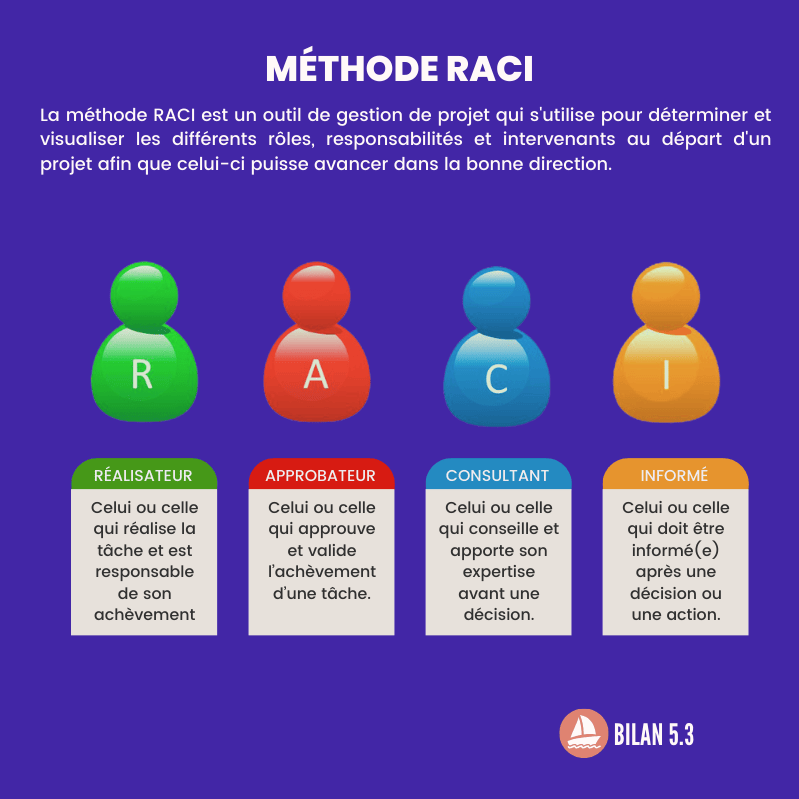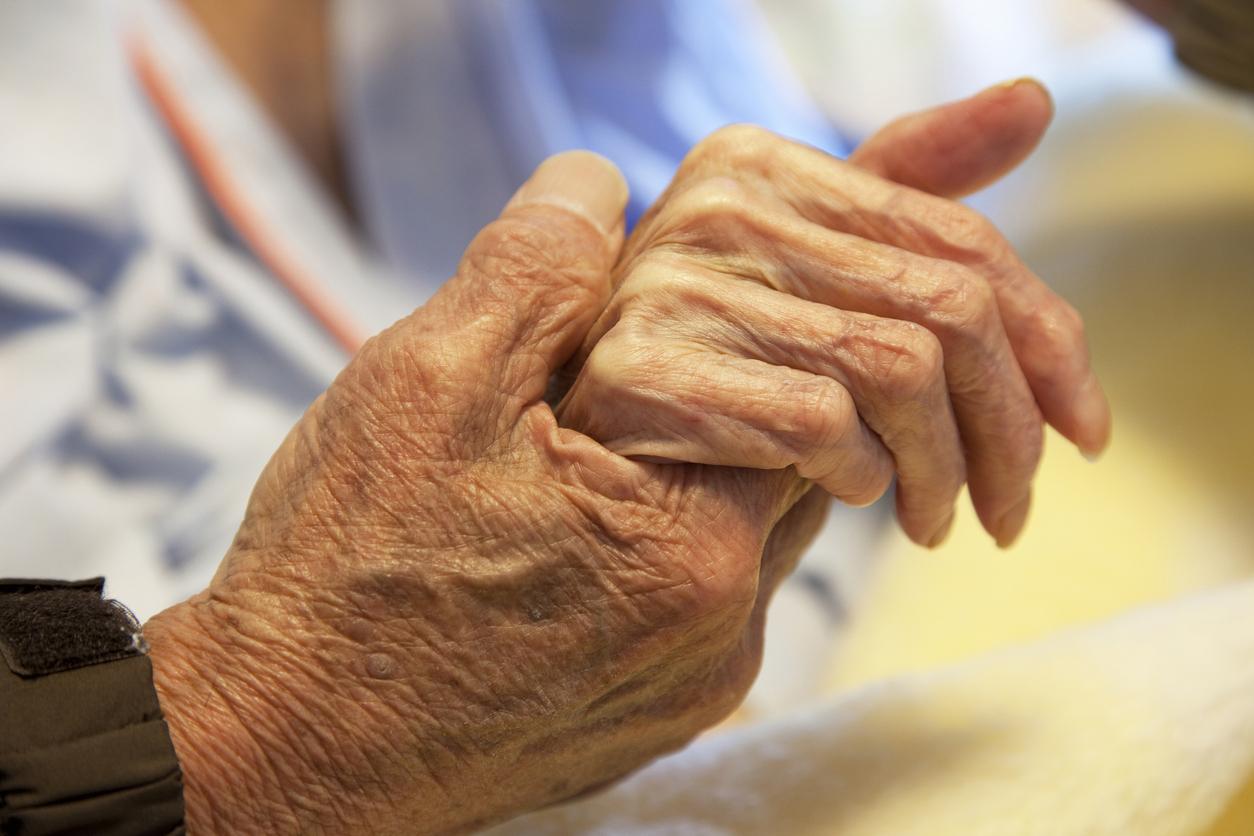Doing physical activity after a dementia diagnosis is linked to a reduction in deaths of around 30%, according to a new study.

- People affected by dementia should be encouraged to maintain or start physical activities, according to a new study.
- Having physical activity after a diagnosis of Alzheimer’s disease reduces patients’ risk of death by up to 30%.
- However, the average life expectancy after a diagnosis of dementia is only around 4 to 5 years.
After a diagnosis of dementia, medical appointments follow one after another to try to slow cognitive decline. Juggling between the shock of learning about the illness, medications and even consultations can lead to abandoning sport and exercise.
However, maintaining physical activity considerably reduces the risk of death of patients, according to a new study published in the journal British Journal of Sports Medicine on October 29, 2024.
Dementia and physical activity: risk of death reduced by 30%
To evaluate the effect of physical activity on the health of patients suffering from cognitive decline and dementia, researchers used information from the South Korean National Health Insurance database. They included 60,252 people newly diagnosed with dementia between 2010 and 2016. These patients had also undergone various medical examinations 2 years before and after diagnosis. Nearly three-quarters suffered from Alzheimer’s disease and 12.5% had vascular dementia.
In this study, exercises such as running, aerobics, rapid cycling and climbing for more than 20 minutes were considered vigorous intensity. Moderate intensity included, for example, brisk walking, doubles tennis and cycling at a steady pace for more than 30 minutes. Low-intensity exercises were activities such as slow walking, gardening or even pétanque and billiards.
The researchers also classified the patients according to their level of physical activity: those who do not exercise (78%), those who have given up (a little more than 10%), beginners (8%) and those who maintained their sporting activities (a little more than 3.5%).
Analysis of the various data shows that maintaining a sports routine after dementia diagnosis was associated with a 29% lower risk of death. In detail, the risk of death fell by 30% with low-intensity physical activity, by 26% when it was moderate and 30% if it was vigorous.
Furthermore, patients who took up sport after being diagnosed with the disease had a reduced risk of death of at least 20%.
Another observation from the study: the risk of death fell by 3% for each weekly increase of 100 METs (calories spent per minute of physical activity compared to energy spent at rest, Editor’s note). One hundred METs correspond, for example, to doing 5 minutes of brisk walking, more than 5 days a week, specify the authors.

Alzheimer’s: physical activity must be encouraged among patients
Given all of these results, the researchers concluded that people affected by dementia should be encouraged to follow or start an exercise routine. “Building on the established protective effect of [l’activité physique] against all-cause mortality, our study suggests that even at low levels, [l’activité physique] could significantly reduce the risk of mortality in people with dementia”they explain in their press release.
This is an important point for them since we know that “the average life expectancy after a dementia diagnosis may only be about 4 to 5 years.”
















